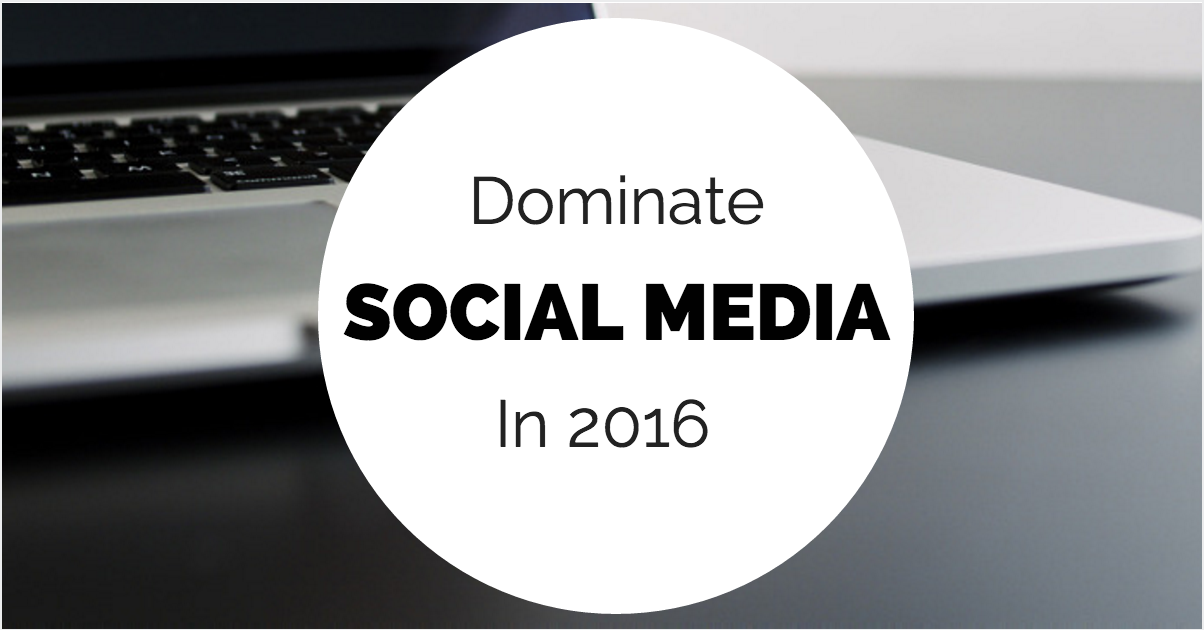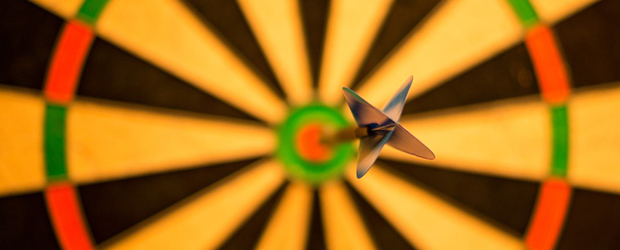
Social Media is a tool that can directly tie conversions to the efforts you set aside to utilize its potential. Whether you are just getting started, or already have an established following on your platforms, these tips can help you take your efforts to the next level.
Getting Started on Social Media as a Small Business
If you are just getting started, it’s important to first create and personalize your profiles to reflect your business. This means adding your logo, using a personal picture as the cover photo, etc. Once that step is complete, make sure all of your business information is correct, and make sure that you are linking all other business strategies, like email and your website, back to your social media accounts. The main goal will be to increase your following, but remember, it’s equally important to share content that your audience will find both useful and engaging. These tips will help you market your business better and grow your audience.
There are two main sectors of social media that small businesses can utilize to market their products and services: organic and paid.
Organic Social Media
Organic social is the free, content side of social media. The daily posting, the engagement with your followers, the sharing of relevant topics, the linking to your website, etc. Organic Social allows companies to build their brand, as well as relationships with their current and future customers. The strategy and type of posting a business employs here gives the followers a feel for the personality of the business. At the end of the day, your business is serving and interacting with people online. It’s important to use social media as a tool to show that your business has personality by interacting with your customers and fans.
Paid Social Media
Paid social is fairly self-explanatory, but its efforts and outputs can be endless. The paid social media giant right now is clearly Facebook (Although Instagram, Twitter, and Pinterest are growing.) Their Business Facebook site gives businesses access to tools that help develop ad copy, create campaign goals, allocate budget, and identify an audience. The more effort and research a company puts into identifying their audience and allocating marketing budget, the more potential their campaign has to have high returns and conversion numbers. Paid social can be used to deliver content and ads to people who fit your target audience, using aggregated data on Facebook users.
Three Tips for Utilizing Social Media as a Small Business
So how can small business owners compete with industry giants with endless marketing budgets, or can they even do so? The answer is absolutely they can. Small businesses that look to utilize social media to increase sales, lead generation, brand awareness, website clicks, etc., need to have a long-term plan that is broken down to the exact plan for each day.
Follow these guidelines to create repeatable success on social media for your business:
1. Increase your organic efforts and their relevancy

- Have a Presence on all Social Platforms that make sense for your business
- Up Your Organic Efforts: Post More Relevant Info about the business, Engage More With Followers, etc.
- Create Posts With Call To Actions and Track those Conversions
As a small business that is looking to grow, your most important customers are the ones you already have and the ones you are going to gain in the short-term model. The first step is to increase your organic efforts and their relevancy. Make sure you have a presence on every social platform that makes sense. Facebook is crucial, but if you have appealing images, Instagram and Pinterest can be beneficial. Twitter is a good outlet for engagement, customer service, and promotions as well.
Make your posts relevant to the goals of your company, and always tie them back to your website, a phone number, email, or some way to track increases in business. If you are a small business who offers manual services, you would want to create content about the benefits of using a company who offers manual services, spotlight certain services that are relevant to the season, and always add at the end of each post a call to action, such as “Contact us today about this service as www.aaservices.com”.If you sell sporting goods, you would want to create content about local sports teams, in-style and season products, and link to your site or address. Why exhaust your social media efforts if you have no way to tie conversions or increased business to those efforts?
2. Invest In Paid Advertising

As organic traffic increases and you are seeing more engagement, it will be time to look into paid advertising. Every successful business should already have identified your target audience, and this step will help greatly in paid advertising. If you can identify that your target market is males in “X” state that are 30+, home owners, interested in sports, and have a family-based household (or whatever your market is), you will be way ahead of the game. Now, instead of paying to put your ad in front of the largest amount of people, you will be ensuring that your ads are getting in front of the people most likely to convert.
The great thing about paid advertising is that you can acquire new business, followers, leads, and increase website traffic all by testing out different parts of the ad. The most efficient way to succeed in the paid advertising world is to constantly test a part of the ad. Whether that is the copy, the image, the landing page, or the audience, each test will tell you what works best for future efforts and return on your investment. Social Media advertising can directly tie conversions back to the campaign, and that is huge. In the past, print ads and radio ads could do this to an extent, but it was hard to attribute every customer you gained to a specific effort. Facebook has changed the game in this aspect and will continue to do so in the future.
3. Have Clearly Defined Goals

Make sure the goal of your ad is clearly identified. If you want increased website clicks, make sure the link works properly. If you want lead generations, make sure the landing page the ad takes them to is appealing and functioning properly. Whatever you do, make your efforts measurable. Impressions are great for building brand awareness, but what does 200,000 impressions mean if none of those 200,000 purchased something from your business?
The best investment a small business can make is investing in working with a marketing company that they trust to represent their brand, generate ideas, and help identify and market to their target audience. That investment will be worth its weight in gold if done properly.
Summary
In Summary, these are the crucial steps to utilizing social media as a small business:
- Identify the goal of your social media efforts
- Increase your organic efforts with relevant posts
- Tie the majority of your posts to a call to action (View Site, Call #)
- Have a presence on all platforms that make sense
- Allocate a budget to Utilize Paid Ads
- Connect Organic and Paid Social efforts to Increase Business
